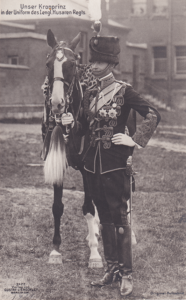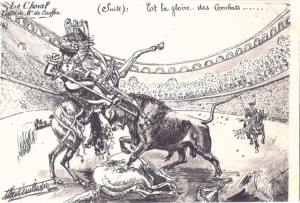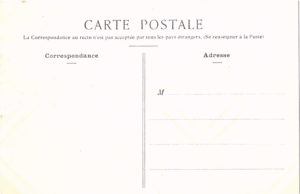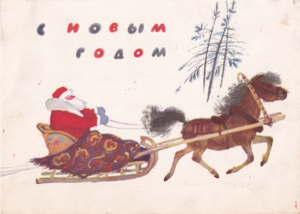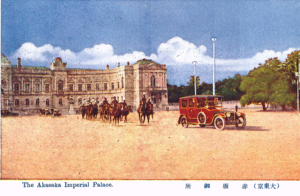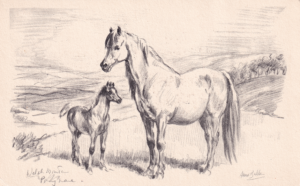Founder of the modern Egyptian state.
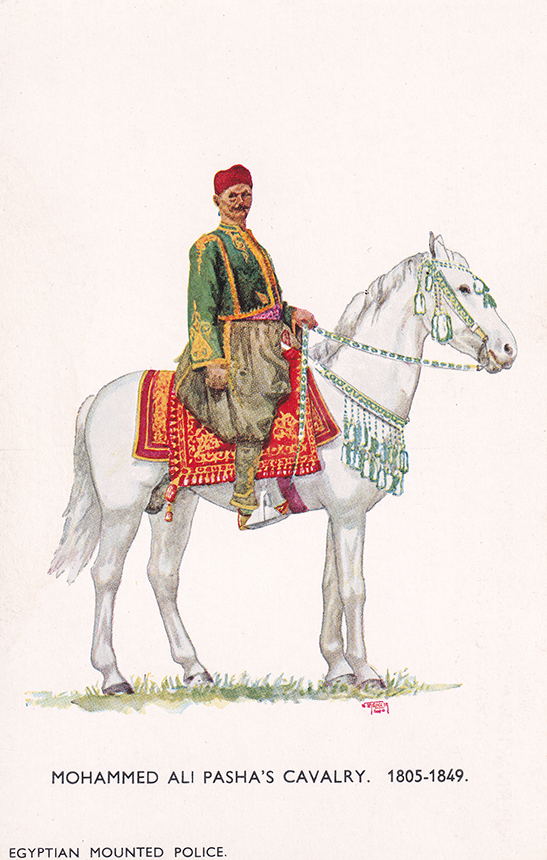
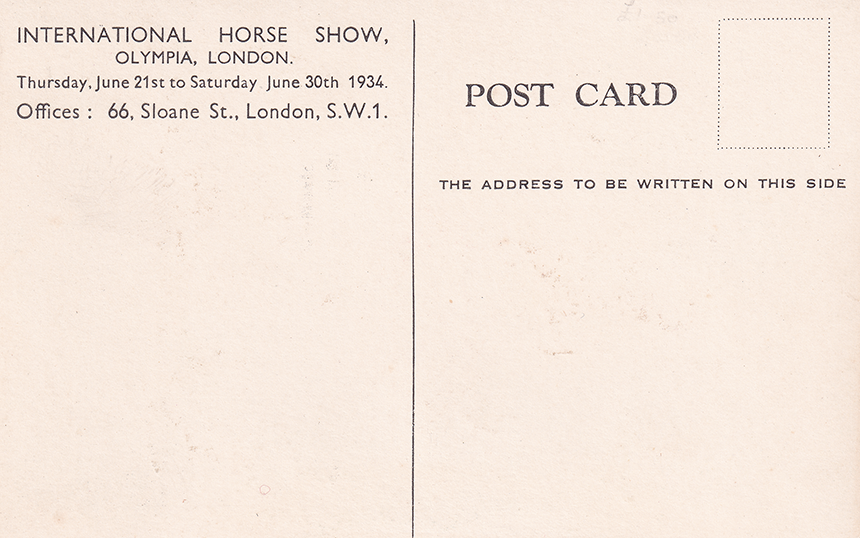
Reverse side of the postcard.
More information
Founder of the modern Egyptian state.
Muḥammed Alī, born in 1769, Kavala, Macedonia, Ottoman Empire [now in Greece] — died August 2, in 1849, Alexandria, Egypt. Pasha and viceroy of Egypt (1805–48), founder of the dynasty that ruled Egypt from the beginning of the 19th century to the middle of the 20th. He encouraged the emergence of the modern Egyptian state.
In 1798 Egypt, at that time a semiautonomous province of the Ottoman Empire, was occupied by a French force under Napoleon Bonaparte. Muḥammad ʿAlī arrived there in 1801 as second in command of a 300-man Albanian regiment sent by the Ottoman government to oust the French from Egypt. With great political skill, he managed by 1805 to be named the wālī, the Ottoman sultan’s viceroy in Egypt, with the rank of pasha.
The three-year French occupation (1798–1801) had disrupted the country’s traditional political and economic structure. Continuing the task begun by the French, Muḥammad ʿAlī put an end to Egypt’s traditional society. He eliminated the Mamlūks, the former ruling oligarchy, expropriated the old landholding classes, turned the religious class into pensioners of the government, restricted the activities of the native merchant and artisan groups, neutralized the Bedouins, and crushed all movements of rebellion among the peasants. The task of rebuilding Egypt along modern lines now lay before him.
Founder
London.
Date
1934.
Culture
Egypt.
Classification
Postcard.

